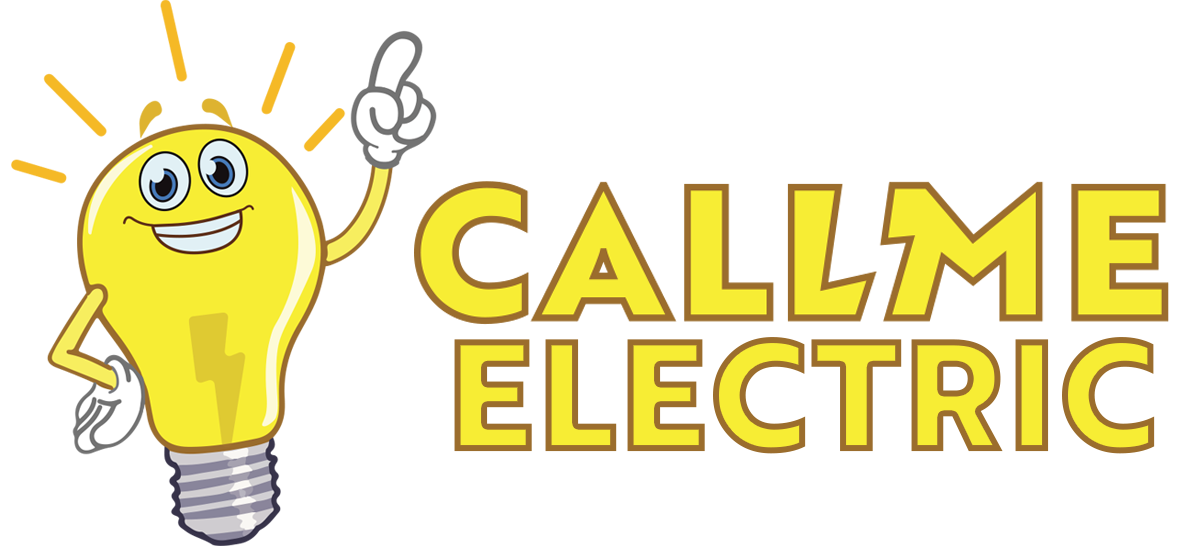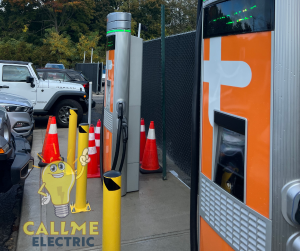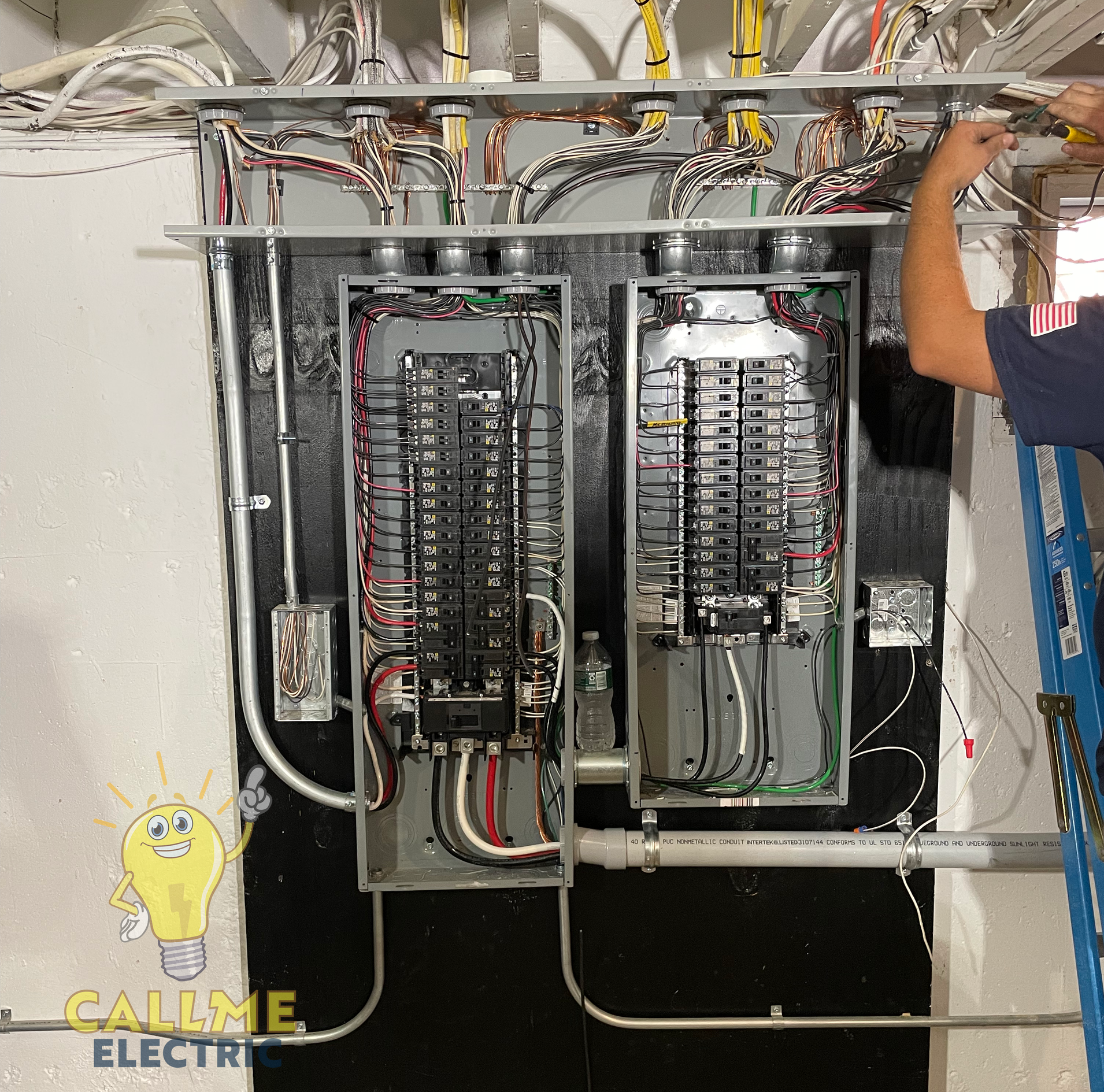What to expect during a generator installation
Standby generators are unmatched for their convenience and peace of mind for potential power outages, but they’re definitely not a DIY project and require professional installation. You might wonder why, so let’s talk about what happens during a typical gas standby generator installation and how we help our customers at every step of the way.
Note: We are an electrical contractor, but we help provide our customers full service at each of the generation installation steps we outline below. Learn more on our
Generators page!
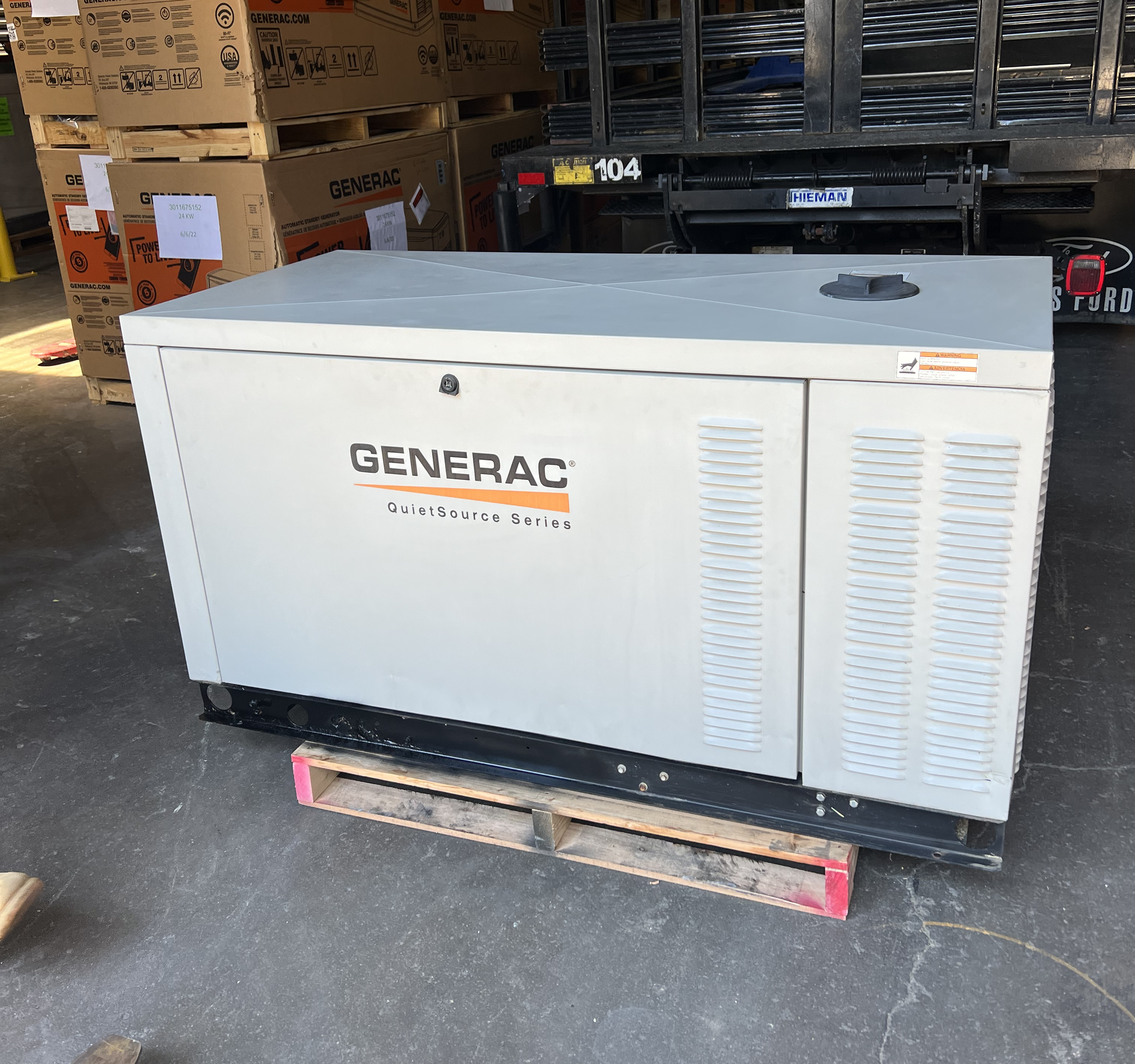
Step 1 - Site Survey
After you’ve accepted our quote for a generator installation, we’ll come back to the site and conduct a formal site survey. This involves a few important things:
- Surveying conditions in and around your property for our chosen generator location. This can include ensuring proper space for placement and taking careful measurements.
- Checking your side yard width and other access points to ensure we can fit any equipment needed for installation.
- Conducting electrical load testing to ensure your existing panel and system can accommodate the generator and everything is working properly.
- Collecting important details from you we’ll need for the permitting process, such as an updated property survey.
Step 2 - Gas or LP Adequacy
Once we complete the site survey, it’s time to plan our gas installation. This can vary depending on whether we plan to use existing on-site natural gas or liquid propane (LP), or if we plan to install an LP tank.
If you have natural gas:
We’ll prepare all the paperwork you need with National Grid (Long Island’s gas provider) to demonstrate adequacy of your gas meter size and gas line size for us to safely install a standby generator.
If you plan to use liquid propane:
We’ll work with you to budget the size of LP tank you’d like to install, and whether you’d like to install the tank above ground or below ground. We’ll note these details for your permit application.
We’ll also confirm exact placement of equipment and pipes, depending on where your generator will be located and where your gas meter or LP tanks will be located.
Step 3 - Permitting
A standby generator is major equipment, so it’s important to properly work through all the applicable town and/or village permits to safely install it onto your property. We know how tedious or frustrating it can be to work with the building department and inspectors, that’s why we take care of the process for you and we’ll make sure you have what you need to be successful.
- If you are using natural gas, it typically takes 3-6 weeks for town and/or village approval from submission, assuming the project is only for a generator installation.
- If you are planning to use liquid propane, it will take about 4-8 weeks due to additional requirements from your local fire marshal since you’ll be storing gas on your property and will require additional reviews and inspections during the process.
Step 4 - Scheduling Installation & Utility Planning
Once we have your permits approved, we can move forward with scheduling! This is when things start to move fast!
- We’ll discuss upcoming dates over the next few days or weeks that work for your schedule. We try to be flexible to ensure we pick a day that works for us to use our equipment and access your electrical utilities
- We also need to coordinate with National Grid and other local utilities, such as Verizon and PSEG. They’ll mark out all utility cables that may be underground on your property.
- We’ll also schedule gas and electrical inspections around the planned installation date.
Step 5 - Equipment Delivery & Digging
This is where the fun begins! We’ll bring your generator, piping, and storage tanks (if applicable) to your property ahead of installation day.
- Typically this happens a day or two before installation to ensure everything is visually correct. We’ll also check to ensure all equipment is the correct model and there are no observable defects or issues.
- We’ll also dig your storage tank (if applicable) and piping ahead of final installation. We’ll make sure the location works and everything is ready for final installation. This can also include underground paths for electrical conduit if appropriate for your location.
Step 6 - Installation & Inspections
Once all paths are dug out, we can begin final installation:
- First we will place the concrete pad and the generator in the desired location.
- Next, we’ll use the paths we dug to lay our electrical conduit. A licensed gasfitter will connect your storage tank or gas meter to the generator as well.
- After all the equipment is connected, it’s time to do the final wiring between your standby generator and the home’s electrical panel. This includes the interlock system which will automatically switch over and start up the generator when
After installation, we’ll wait for the electrical and gas inspectors to conduct a final review of the site and equipment. Once they give the final sign off, we’re ready to begin testing.
Step 7 - Startup & Outage Testing
Before we finish up installation, we’ll conduct a full startup of the generator to ensure everything is working as expected. We’ll also conduct a formal outage test, where we simulate a loss of power from the grid to ensure the system automatically turns on and switches over to generator power.
Step 8 - Acquiring the CO
Last but not least, you’ll want to complete the permit process for your generator installation. This is typically known as getting a certificate of occupancy, or “CO”, which states that your property has been updated to include the new equipment legally and safely.
We’ll also discuss long term plans at this point, such as your manufacturer’s warranty, and any service plans you’d like to opt into to ensure your generator remains in tip top shape year-round.
Note:
Everything outlined above is based on our experience providing generator installation services on Long Island. Please
get in touch with us if you have questions about any specific requirements or procedures for your town or village. We’re happy to help!

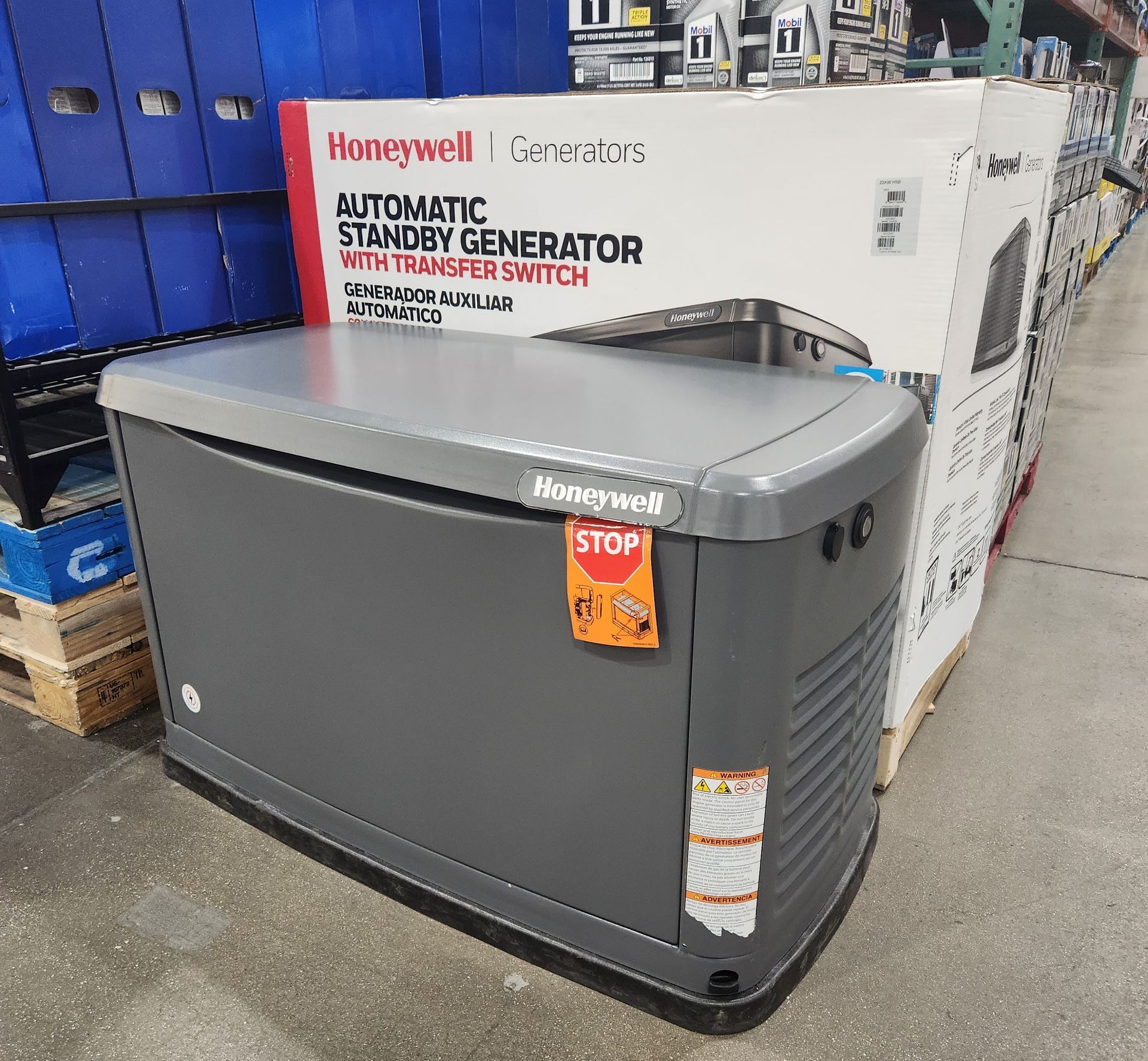

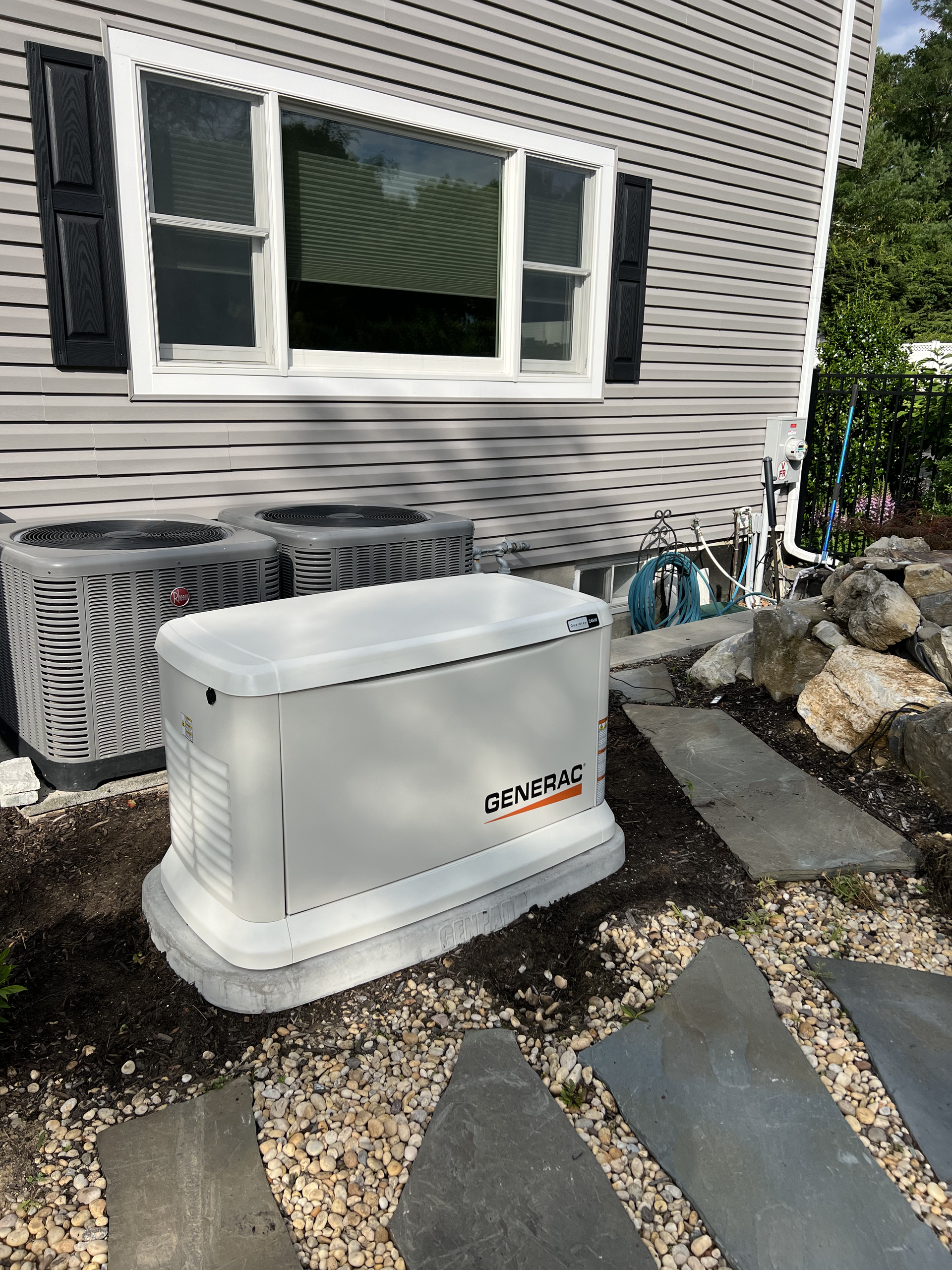
All Rights Reserved | Call Me Electric, Inc.
381 Sheffield Ave, West Babylon, NY, 11704
